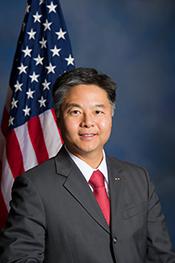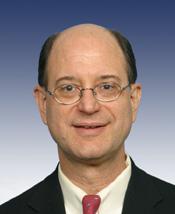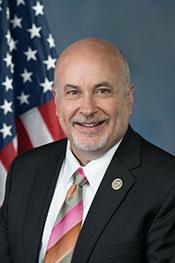0
To restrict the first-use strike of nuclear weapons.
2/12/2025, 9:00 AM
Summary of Bill HR 669
The bill highlights the importance of congressional oversight in decisions regarding the use of nuclear weapons, emphasizing the need for a deliberative process to prevent hasty or impulsive actions that could have catastrophic consequences. It also underscores the principle of checks and balances within the government, ensuring that the power to initiate a nuclear strike is not solely in the hands of the President.
Supporters of the bill argue that it is necessary to prevent the misuse of nuclear weapons and to uphold democratic principles by involving Congress in such critical decisions. They believe that requiring congressional approval for a first-use nuclear strike will promote transparency, accountability, and careful consideration of the potential consequences. Opponents of the bill, on the other hand, may argue that it could limit the President's ability to respond quickly and decisively to a nuclear threat, potentially compromising national security. They may also raise concerns about the practicality of obtaining congressional approval in a time-sensitive situation where immediate action is required. Overall, Bill 119 HR 669 represents a significant effort to address the issue of nuclear weapons use and the balance of power within the government. It reflects ongoing debates about the appropriate role of Congress in decisions related to national security and the use of military force, and it will likely continue to spark discussion and debate among lawmakers and the public.
Congressional Summary of HR 669
Restricting First Use of Nuclear Weapons Act of 2025
This bill prohibits using federal funds to conduct a first-use nuclear strike unless Congress expressly authorizes such a strike pursuant to a declaration of war. A first-use nuclear strike is an attack using nuclear weapons against an enemy without confirming that there has been a nuclear strike against the United States, its territories, or its allies.
Current Status of Bill HR 669
Bipartisan Support of Bill HR 669
Total Number of Sponsors
2Democrat Sponsors
2Republican Sponsors
0Unaffiliated Sponsors
0Total Number of Cosponsors
16Democrat Cosponsors
16Republican Cosponsors
0Unaffiliated Cosponsors
0Policy Area and Potential Impact of Bill HR 669
Primary Policy Focus
Alternate Title(s) of Bill HR 669
Comments

Cassian Fuller
10 months ago
This bill is so dumb, like seriously? Who do they think they are restricting our ability to use nuclear weapons? This is America, we should be able to do whatever we want to protect ourselves. This is just gonna make us look weak and vulnerable. I don't want to live in a country that can't defend itself properly. This is gonna be bad for us in the short term, mark my words.

Jacob Coates
10 months ago
I think this bill is good idea. It make me feel safer knowing that they can't just use nuclear weapons whenever they want. It important to think about the consequences before doing something so big. This bill could save a lot of lives.





